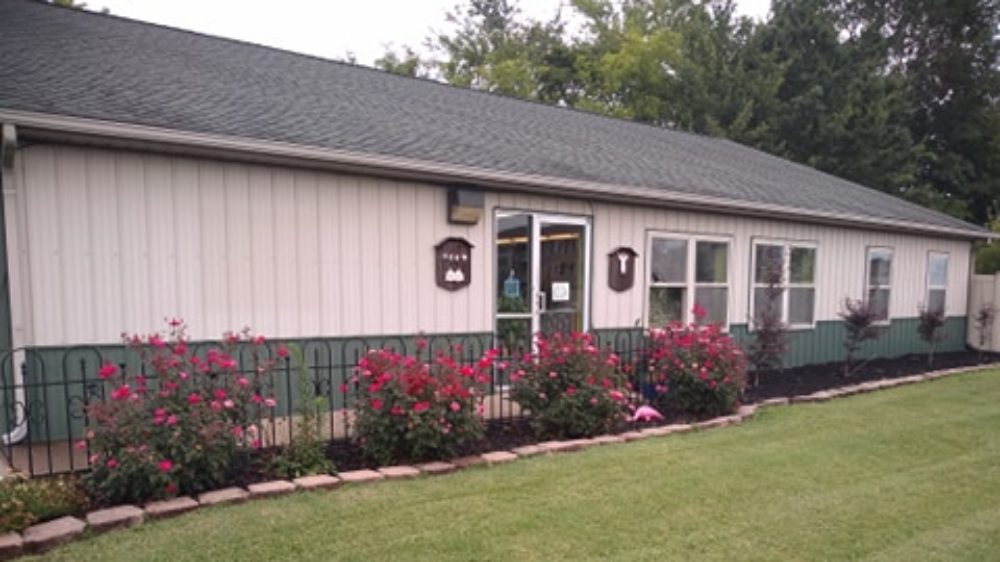Not sure I quite understand this, but here it is:
Drop-in Child-care Centers Prosper
By ANDREA JARES
STAR-TELEGRAM STAFF WRITER
With two small children, Kelli and Abel Hilario of Keller have had little chance to get out.
But their social calendar has opened up a bit since they discovered a child-care provider that is open nights — even until midnight on Fridays and Saturdays.
Their children, ages 2 and 5, are having more fun, too, when they go to Adventure Kids Playcare in Southlake, where they’ve partied at sock hops and luaus while their parents are at the movies.
“We do it for date night because we never know in time to get a sitter,” Kelli Hilario said. “It’s really convenient.”
Drop-in child care has taken off in Tarrant County from centers set up at grocery stores, mother’s-day-out programs at churches and the sitter who stays a few hours on Saturday nights.
Businesses such as Adventure Kids and Kidztime Hourly Playcare are opening centers with late hours and activities for children from 6 months to 12 years old.
The idea has resonated with parents. Droves have dropped off their children since the businesses opened, the owners said.
Dana Oliver, founder of Adventure Kids, said that in the first month 250 parents joined and she turned a $6,000 profit. Now, 7,500 children are registered at her centers and she often has a waiting list for the Friday and Saturday night parties there, she said.
Parents may drop off their children for various reasons, but they all want their children to have something do while they’re away, too.
“They definitely want them to be entertained,” Oliver said.
Kidztime has centers in Southlake, Euless and Dallas, with plans to add seven more in the Metroplex and others across the state, said Danielle Ferri, an owner. Adventure Kids has locations in Flower Mound and Southlake, with plans to open a Plano franchise in May and expand in the future, said Oliver, who left a corporate job in finance to open her center two years ago.
Oliver and the founders of Kidztime decided to open the child-care centers after they became parents.
Oliver had no problem finding child care for her daughter — as long as it was between 8 a.m. and 6 p.m.
But child care became much more complex for the single mom if an event came up in the evenings.
“I couldn’t be the only parent that has that situation,” Oliver said.
The impromptu scheduling these centers allow appeals to parents who need someone watch a child for a few hours while they make a doctor’s appointment, shop, run errands or go out for a quiet dinner.
The operating hours allow flexibility. Adventure Kids Playcare opens at 8 a.m. weekdays and 9 a.m. Saturdays. The center is open until 10 p.m. Mondays through Thursdays and midnight Fridays and Saturdays. Sundays are reserved for birthday parties.
Kidztime is similar: open from 8:30 a.m. to 10 p.m. Mondays through Thursdays at Southlake Town Square and from 8:30 a.m. to 6 p.m. Mondays through Thursdays at Heritage Towne Crossing in Euless.
Both are open from 8:30 a.m. to 11 p.m. Fridays and Saturdays. Sundays are reserved for scheduled birthday parties.
The cost ranges from $7 to $9 an hour, depending on the child’s age. There is also a $40 one-time registration fee. The hourly cost is more expensive than traditional day care, in which parents usually pay a set price per week.
But Ferri, who quit her corporate job and opened the first Kidztime three years ago with Carrie Menchaca, a high school friend and former teacher, said she set her prices lower than a sitter would normally charge, without the scheduling.
“We wanted to make it a no-brainer,” Ferri said.
Both Kidztime and Adventure Kids have areas set aside for children to play video games, watch movies or play with other children or toys.
Some children ask their parents to take them to the day care, even when their parents don’t have some place to be, Oliver said.
Adventure Kids has hosted parties where children dressed up like princesses or pirates, made foam snowballs or read Dr. Seuss books and ate green eggs and ham.
Kidztime’s Tarrant County locations are open as late as 11 Friday and Saturday nights, but on New Year’s, they stayed open until 3 a.m., Ferri said.
The unexpected nature of drop-in day care, where a parent can show up unscheduled with five children, makes them more challenging to manage. The centers are subject to the same staffing regulations as traditional day cares, where the number of children attending the center is consistent, said Neta Pierce, regional director for the state’s child-care licensing.
At a drop-in center, the ratio of employees to children must meet the guidelines no matter how many children stay at the center at any given time.
Parents who might have used part-time day care in the past may be opting for the pay-as-you-go method Kidztime offers, Ferri said.
“We provide that flexibility,” she said. “They can use us whenever they want.”
The Hilarios probably won’t be looking for a baby sitter any more. Kelli Hilario said she likes the convenience of Adventure Kids.
She said she used to have a nagging worry when she and her husband went out and left their children with a teenage sitter.
It was also hard to find a sitter because they didn’t know many responsible teenage girls who were available.
Now she doesn’t worry too much, because the staff at Adventure Kids is trained to work with children and they are not just watching television and eating chips.
“I felt really good about it,” she said. “They’re with other kids. We’re going out to have fun, and they have fun, too.”


